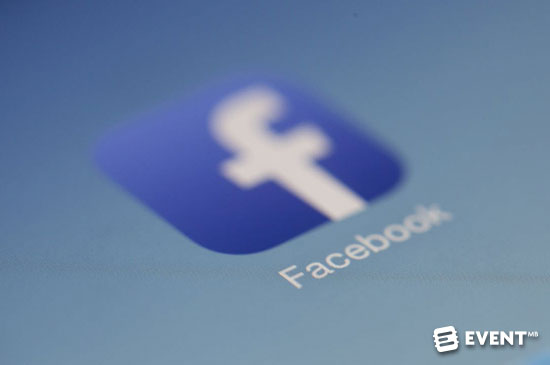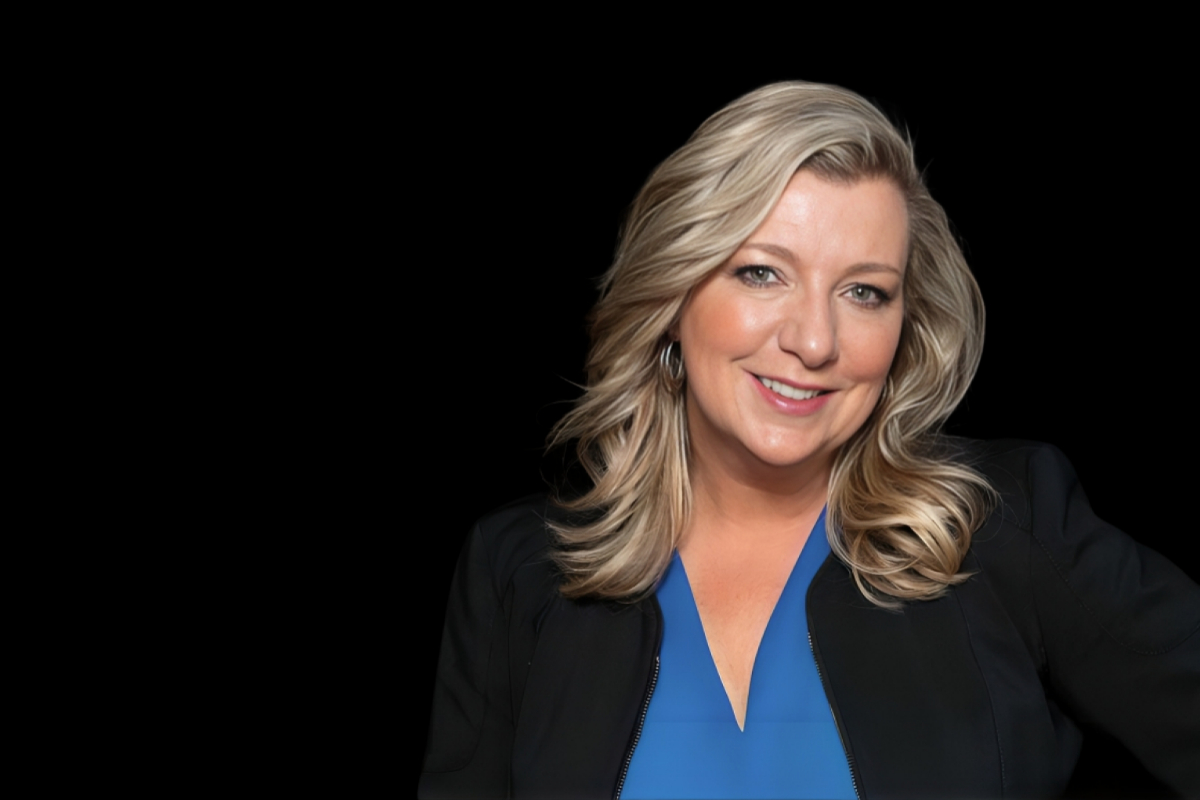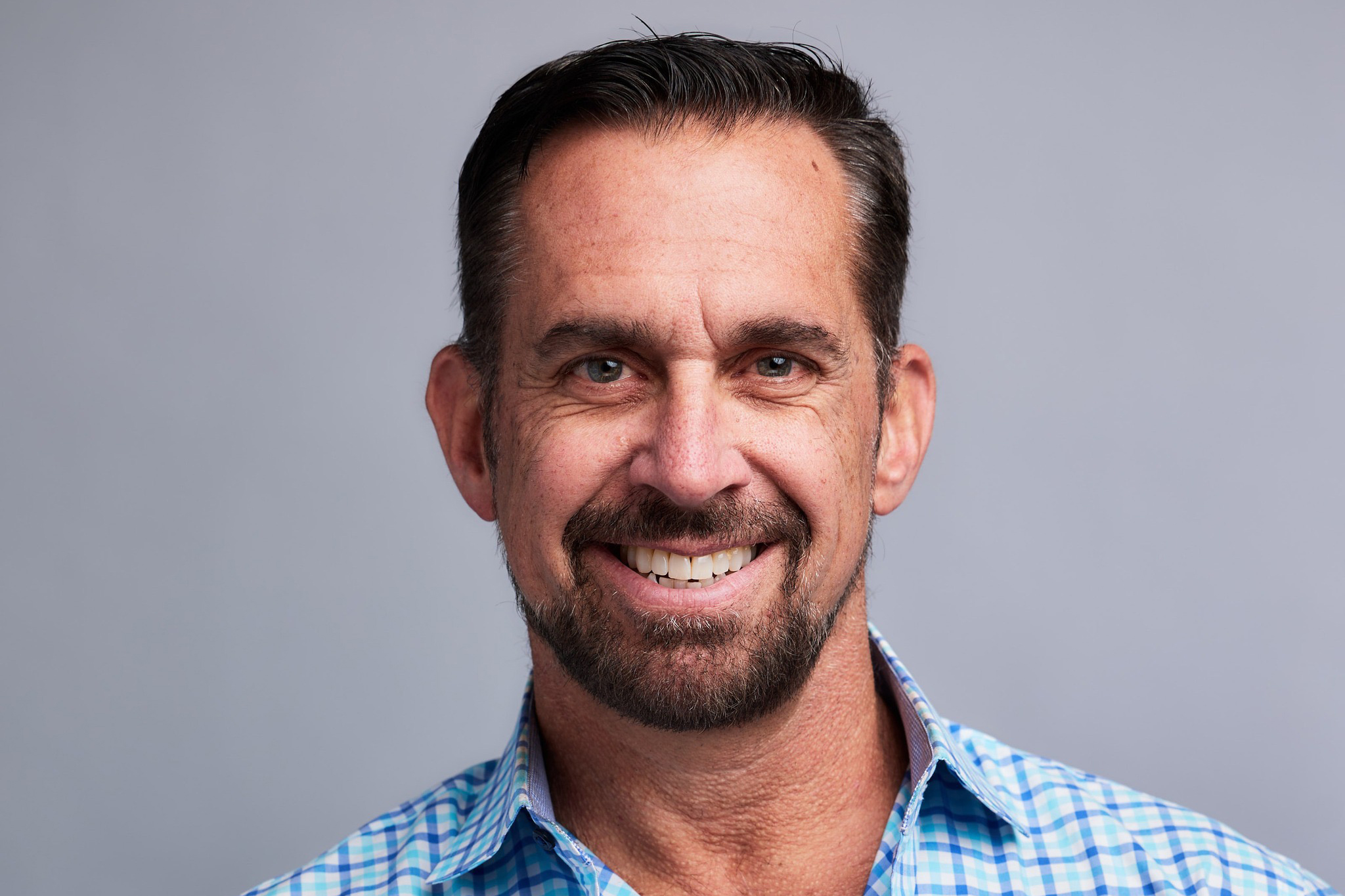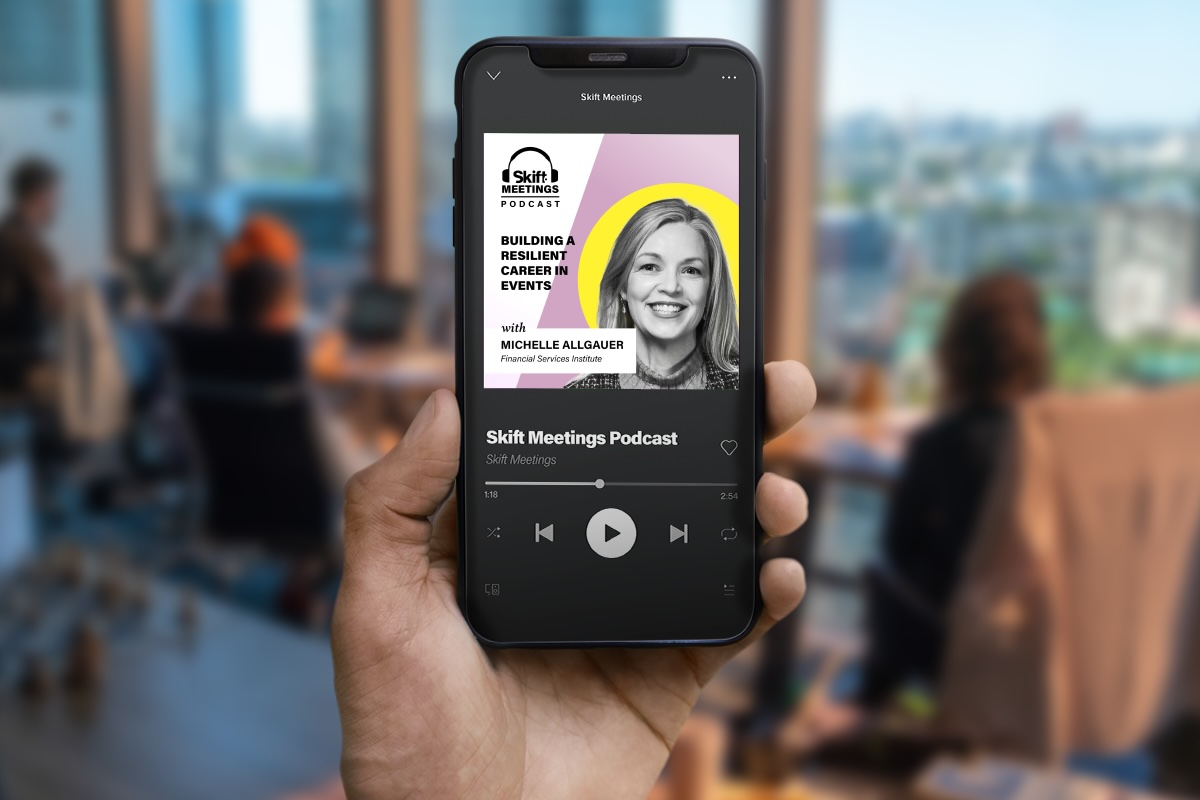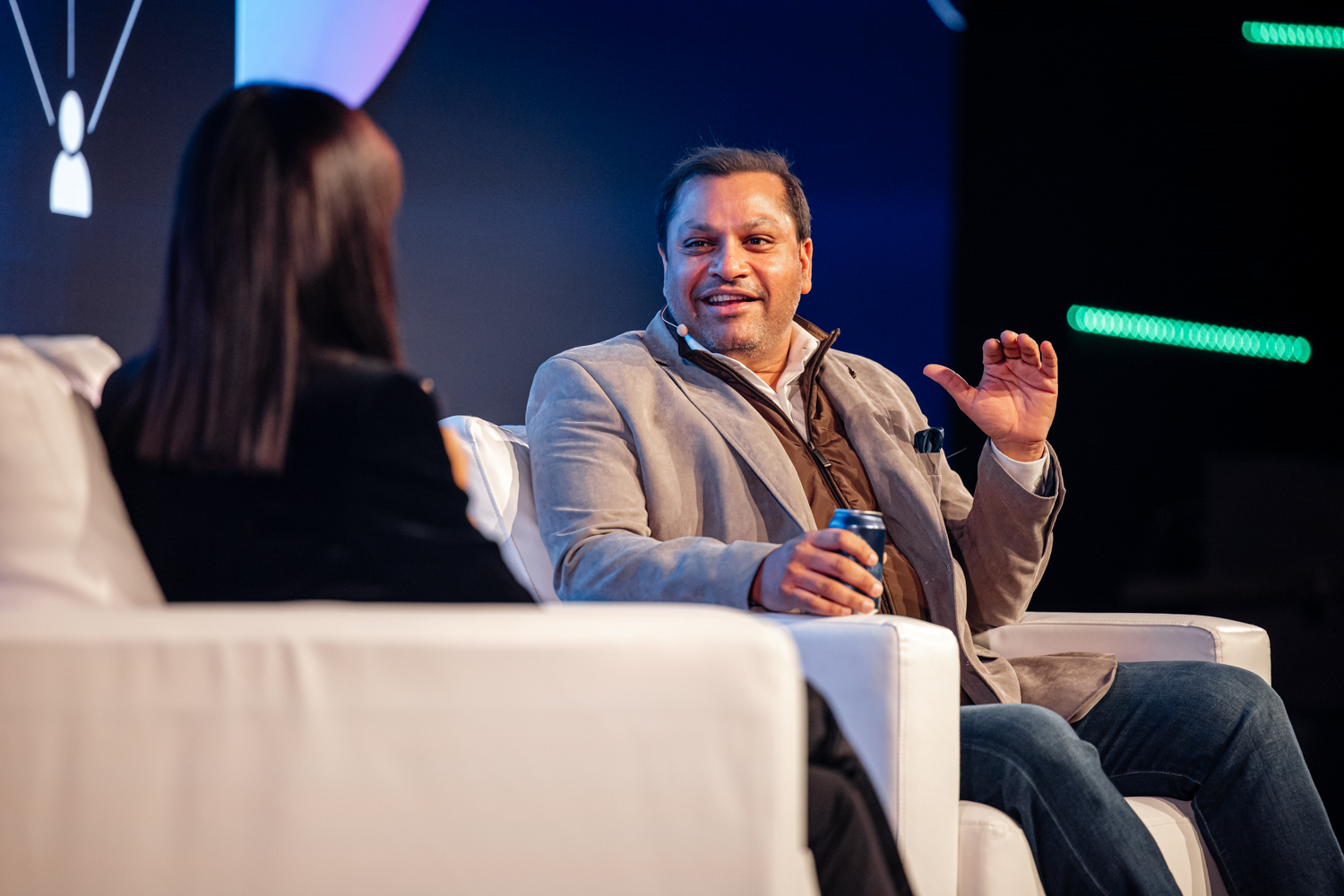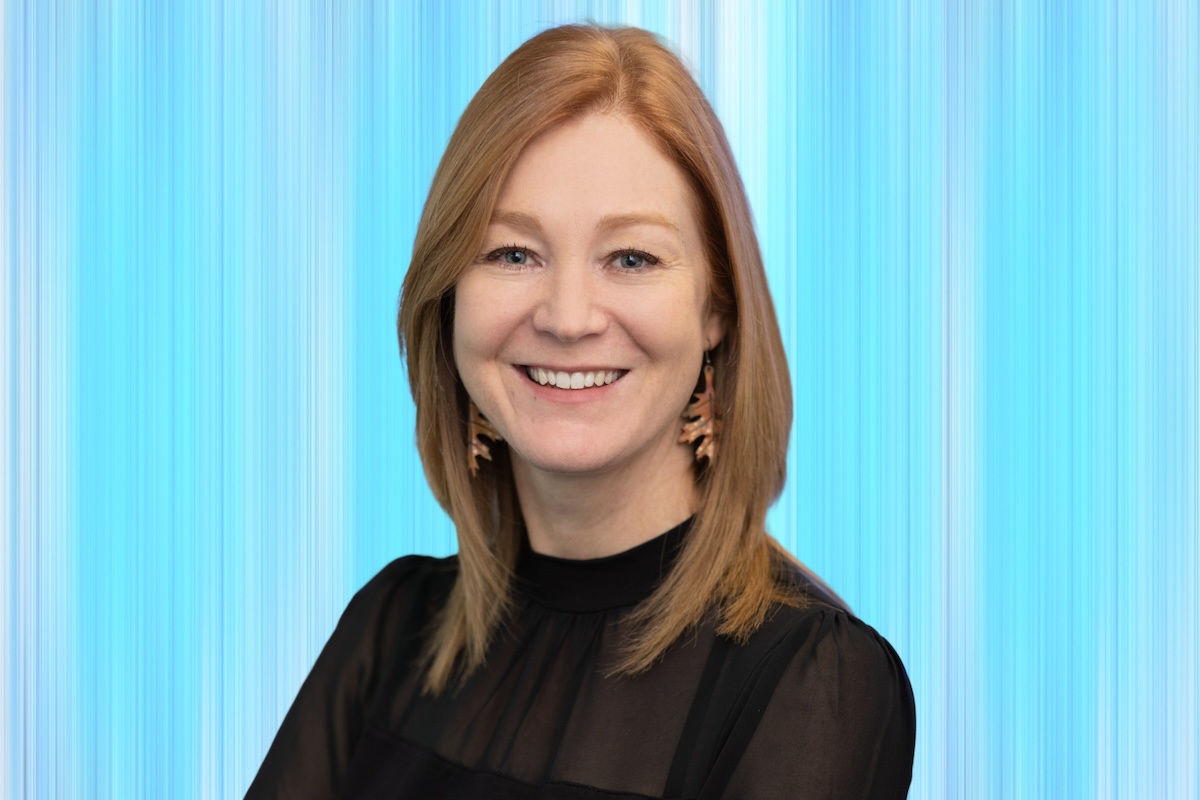Skift Take
Do you love or hate Facebook? It probably comes as no surprise that it’s not exactly the healthiest environment but it’s one that we have to make work as event planners. Here are some traps to avoid to ensure it doesn’t begin robbing you of your happiness.
According to Facebook, the average user spends about an hour on the app every day. If you’re an event planner who uses it for work, you likely spend a lot more than that. But are you aware of the secret mental health risks it poses to you?
If you dabble in the reunion planning business, you may have noticed that reunion attendance has dropped off. People used to attend class reunions out of morbid curiosity. Did our former classmates look the same? Who had gained weight? Who didn’t age well? Who’s available? Now, we can get those same questions answered on Facebook by becoming voyeurs into our former classmates’ lives.
Or can we?
Just as people complain about dating profiles not being true to life with outdated and Photoshopped pictures, the same has been said of ‘Fakebook’. People tend to filter their lives. Pictures of ‘flowers for no reason’ are plentiful, while posts about partners not being so sure the ‘whole thing is working’ – not so much.
So just how social is social media and how can it affect our mental and professional health?
##abovethefold##
Ways Facebook Detracts from Our Mental and Professional Health
- It’s junk food. Does junk food keep you from starving? Certainly. Is it natural and will it help you lead a long and successful life? Probably not. A steady diet of social media can pose similar problems. Social media affords us the ability to cultivate very shallow, narcissistic relationships. Most of us need relationships to thrive and in that way, it quenches this social desire in much the same way junk food takes care of hunger. But this level – or non-level – of depth is not fulfilling or healthy in the long run.
- It increases sedentary behavior. And we all know the dangers of sitting. Remember the days when you had to walk to someone’s desk or meet them for coffee down the block to catch up? That’s been replaced by things like text and Facebook Messenger. Why get up when you can just strike a few keys and get your answer?
- Reduces relationships to sound bytes. How often do you read a really meaty post on Facebook? People skim written content, look at pictures, and watch videos. When cerebral exchange is attempted, people often block others who were friends because they don’t like what they’re saying. Diplomacy isn’t required when you can merely block or unfriend someone without confrontation. Facebook allows us to ‘politely’ sidestep debate and get back to our cat videos with as little discomfort as possible.
- It’s disrupting sleep. Many studies have shown that winding down on your electronics every evening makes it more difficult to find relaxing sleep. Checking Facebook before sleep can also make you feel very dissatisfied with your life and thus keep you up as you think about the ways you could be doing more.
- It could lead to Internet addiction. Let’s talk a minute about addiction and I know some people are mocking me right now. Internet addiction may not be the same as a drug addiction – I’ll leave that sort of classification up to the experts – but what it does have in common, is that both give us a high. Computerworld called social networking as “habit-forming as crack cocaine” in an article in 2015. When our Facebook post gets likes or interaction, we get a thrill and dopamine is released in our bodies. This thrill feels good so we do more of what we just did to get it. But just like a drug, we begin to build a tolerance. When a post garnering 20 likes thrilled us when we first started, now it takes more. We want 100 or 300 to feel that same ‘happiness’. This desire for interaction is not sustainable which…
- Creates an environment where we all need constant validation. It used to be that we could only receive validation from a small group of intimates. Now we can receive validation from a stranger on the other side of the globe for the dinner we planned or the centerpiece we designed. And it feels good. But for the reasons talked about above, that sort of activity becomes addictive and we require more and more of it. We are in danger of losing our ability to self-satisfy and be content with a job (that we know is) well-done. Instead, we need that validation from strangers, which…
- Makes us feel inadequate. I bet there’s someone in your social stream more accomplished than you are and you likely spend your time noticing the many ways in which that is true. According to an article called Social Ties and Mental Health by Ichiro Kawachi and Lisa Berkman, there’s a higher prevalence of psychological distress among women compared to men who use social platforms. Most of that comes from the inevitable comparisons that occur between people’s lives on the ‘Book.
- Places us on call 24/7. If you have Facebook and/or Facebook Messenger, you’ve likely seen the green ‘online now’ indicator. If you’ve ever messaged someone you’ve probably enjoyed the peace of mind Facebook gives you by telling you the recipient has read your message. But this borderline creepy behavior which Facebook enables, also places most of us ‘on call’ when we don’t want to be. If you’re friends with professional connections on Facebook, they can see when you are online. Clients may message you long past the time when it is appropriate because they see your ‘online now’ indicator. I have removed Facebook Messenger from my phone several times now (only to reload it when I’m traveling because Facebook won’t allow you to access messages from your cell without it) for this very reason. Just because the light is on, does not mean you want to be bothered. Facebook cares little about when you want to work and when you don’t. And if you make the mistake of reading the message without responding, Facebook will tell your friend and client, leaving them wondering why you wouldn’t return a message at midnight when you clearly saw it.
- It’s sabotaging our self-satisfaction. Let’s say a client sends you a small bunch of flowers for a job well done. You are over the moon that on top of being paid for the event, they sent a thank you for all of your hard work. Over the moon that is until you log onto Facebook and see that someone received a trip to Maui for their job. Suddenly, you feel inadequate and underappreciated. This study found that you’re not alone. An increase in Facebook usage equates to a reduction in self-reported areas of satisfaction.
- It targets a little too well. As Kevin Roose recently pointed out in his New York Times article, Facebook’s Frankenstein Moment, the company has gotten itself into hot water recently over issues regarding its ads and targeting. Roose wrote: “When Mark Zuckerberg built Facebook in his Harvard dorm room in 2004, nobody could have imagined it becoming a censorship tool for repressive regimes, an arbiter of global speech standards, or a vehicle for foreign propagandists.”
In Conclusion
Regardless of how this efficient tool is negatively impacting our personal satisfaction, for event planners, it’s hard to ignore. For now, it’s a necessary part of what we do to market events and reach larger audiences. But in order to navigate its negative effects on our lives, we have to learn to understand that posters to this social media app aren’t showing you the full, unfiltered versions of their lives.
If you are comparing yourself to achievements, gifts, or trips you witness on Facebook you must understand they are as filtered, airbrushed, and staged as the Sports Illustrated Swimsuit edition. Use it for the helpful marketing tool it is and avoid the self-gratification traps it sets.
Do you agree? Is Facebook a necessary evil or can you be a successful event planner without it?
Additional Information About Facebook and Events
Facebook Stories: Bad News for Snapchat. Good News for Event Profs.
Facebook Takes the Lead in the Live Streaming Race
Facebook Keeps Innovating in #EventTech – Will Others Follow?
5 Ways Venues Can Benefit from Facebook Bluetooth Beacons
How Facebook Will Change Events for Good
